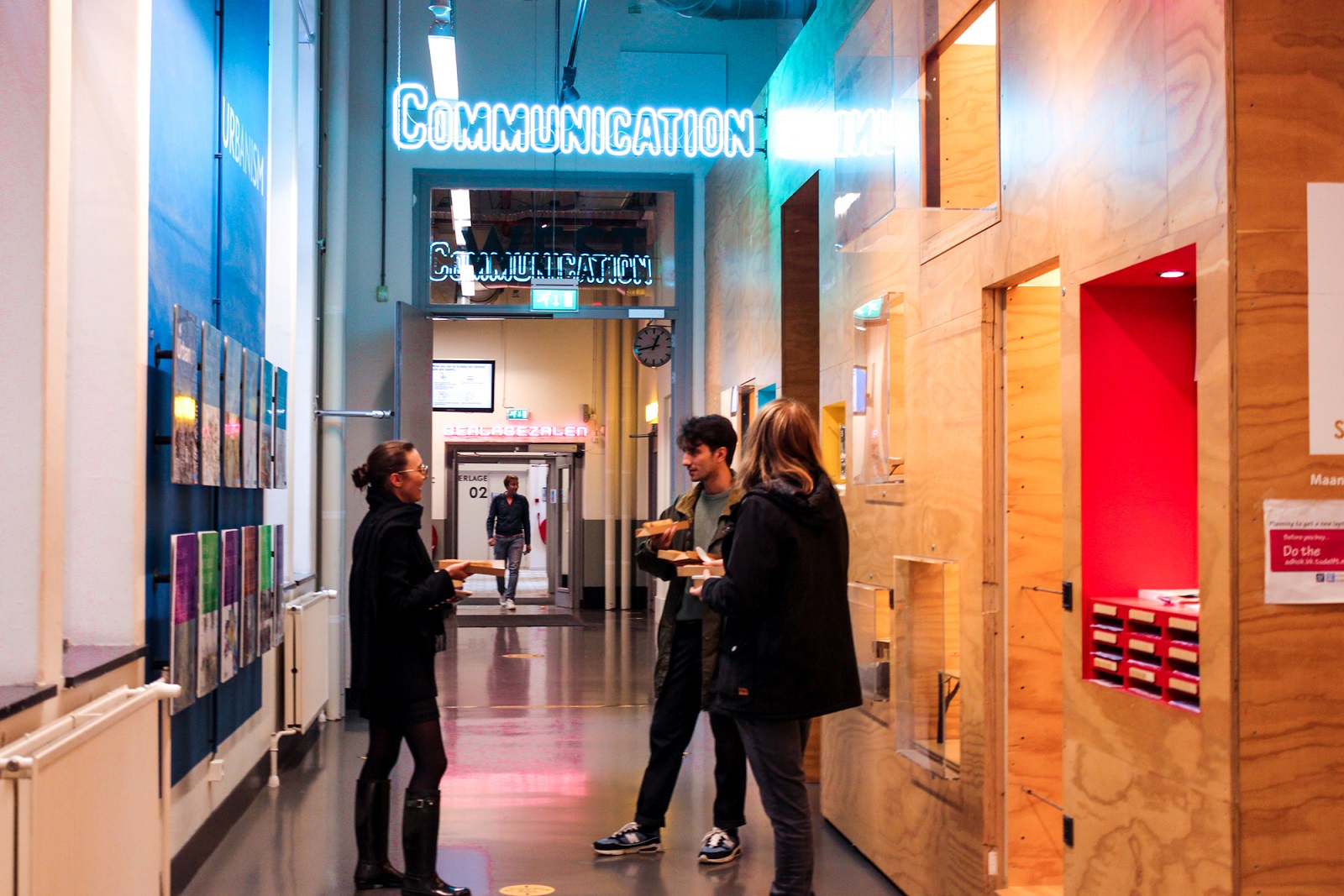After two years of meeting in English, the Student Council has switched back to Dutch. Why?
(Photo: Dalia Madi)
Over the last two years, Katharina Ertman (2018-2019) and Nima Salami (2019-2020), both international students, had seats representing Lijst Bèta on the Student Council of TU Delft. The meetings were held in English so that everyone could be involved. The meetings are now being held in Dutch again.
Barrier
“We looked at how the interests of students could best be represented and the barriers in doing so,” explains Chair of the Student Council Job Vlak (Oras). “The Student Council as a whole and the support staff would work better if we met in Dutch.”
This was not an easy decision for the students to take. “This decision affects all students,” explains Eva Slingerland (Lijst Bèta). “Everybody has the right to attend the public consultative meetings as observers. If we meet in Dutch, it is more difficult for the international students to understand the meetings.” This goes against two of Lijst Bèta’s main principles: internationalisation and inclusivity. “We will make sure that every student can listen and understand the meetings,” says Slingerland.
To keep the meetings accessible for non-Dutch speaking students, the Student Council came up with several solutions. Vlak explains that “We send the agenda and minutes in English and summarise every point discussed in English.” The people involved also agreed that any point that specifically relates to international students will be dealt with in English. These could be subjects such as tuition fees, diversity and inclusivity in relation to international students.
Involvement
The first meeting in Dutch was held on 28 October. As yet, the Student Council has not received any direct feedback from the student community. “This shows that the meetings are still too confidential for a public meeting of a public body,” says Sam Vijlbrief (Lijst Bèta).
Ensuring that all students, international and Dutch, feel more involved in student representation is a big job. Both Lijst Bèta and Oras are maintaining close contact with the international community so that the latter know what is going on in their community. Slingerland says that “Apart from this, we are doing our very best to attract an international student to Lijst Bèta so that the group is again represented in the student council next year.”
- The Student Council meets with the Executive Board every month. These meetings are public. If you would like to attend a meeting, contact the Student Council.
Do you have a question or comment about this article?
m.vanderveldt@tudelft.nl


Comments are closed.